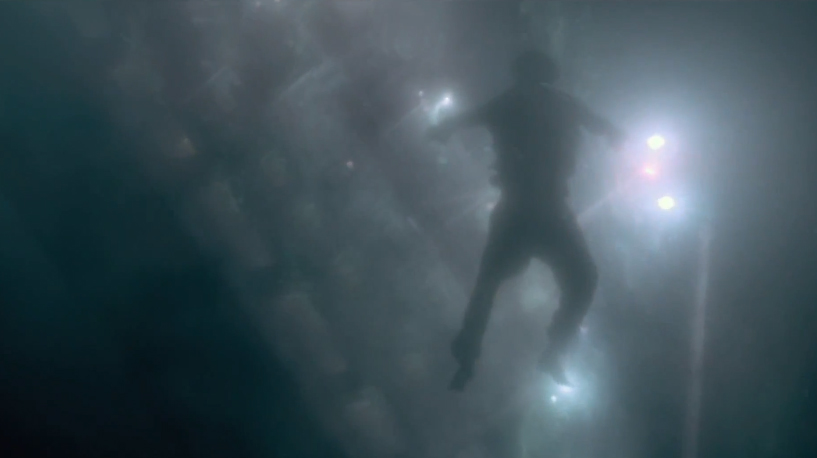Michael C. here. I hope everyone has had a chance to see Ang Lee’s adaptation of Yann Martel’s Life of Pi. I’ve been dying to dive into spoiler territory since the film’s premiere at the New York Film Festival.
If you haven’t seen the film I recommend you do. Lee has created a visually magnificent fable that transfers the book’s expansive imagination to the screen better than I thought possible. It’s a terrific return to form for Lee following the face plant that was Taking Woodstock.
But then there’s that nagging problem of that ending. I’ve struggled with it in the book and now I struggle with it in the film. Try as I might, I just can’t get behind it.
As you will recall the film’s conclusion involves Pi recounting his amazing journey to a pair of skeptical investigators. When they tell Pi they find his story impossible to believe, Pi responds by telling them a different version of his survival at sea, a warped reflection of the original events with many overlapping details. In this new version rather than being stranded with zoo animals Pi is lost at sea with human survivors, his mother, a cook and an injured sailor. In these events the cook murders both the sailor and Pi’s mother before he is killed by Pi out of self-defense and revenge.
After finishing with his darker, more plausible version of events, Pi leaves it to the investigators to choose which they believe. They investigators opt for the more wondrous explanation. In a framing scene, older Pi agrees that he too prefers the story with the tiger.
I respect the boldness of this narrative gambit. Martel is reaching for the stars here, and Lee was gutsy to transfer it to the screen, where the literal nature of the medium makes it an even tougher sell. I admit that it’s thematically on point, tying nicely back into the religious searching of the prologue. Logically it should work. Yet for me something about it that rankles. My brain rebels. I don’t buy it.

I don’t have trouble with ambiguous endings. That’s not the problem. I’m sure some will accuse me of not getting it, but I doubt anyone reading this has much trouble tracking the religious symbolism of choosing to believe the more fanciful explanation of things, despite a lack of concrete evidence.
I think my difficulty has to do with the way ambiguity is imposed on the material rather than growing organically out of it. It makes sense for the investigators to doubt the tall tale, but after spending ninety minutes experiencing every detail of his journey it doesn’t play to have Pi offer up his grim twist on The Wizard of Oz’s “It was all a dream” ending. I hear the author speaking here, not Pi. Reducing the story to such a blunt metaphor causes the allegory to overwhelm the narrative when it should be humming beneath the surface. When that happens I disengage emotionally and it becomes an intellectual exercise in connecting the symbolic dots.
Another problem with this device: It stacks the deck. No fair giving the opposition a single downer monologue after the other side enjoyed a two-hour parade of wonders. It’s the narrative equivalent of threatening to return all my Christmas presents if I won’t say I believe in Santa. Compare that with the ambiguity of something like Pan’s Labyrinth, which plays fair with the viewer, giving equal footing to both the fantastic and the realistic interpretations.

For me, the most powerful moment of the Life of Pi is when Pi finally make landfall and the tiger disappears into the forest without so much as a backwards glance. It’s such a simple, graceful expression of man’s desire to project humanity onto an indifferent universe. Moments like that only serve to make the clumsy, forced ambiguity of the ending all the more frustrating.
I know a lot of people out there find the ending of Pi extremely moving. If you are one of them I invite you to persuade me of its virtues. Even with my reservations I am an admirer of film and would be all too pleased to have my opinion of it improved. For now the ending remains a substantial sticking point.
